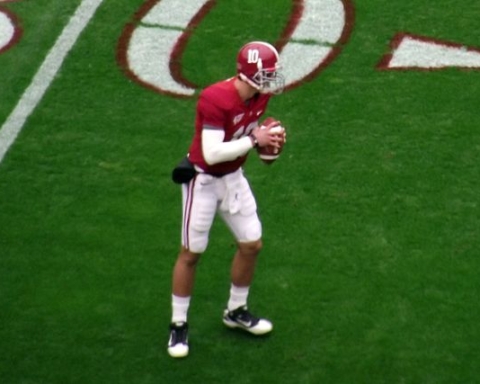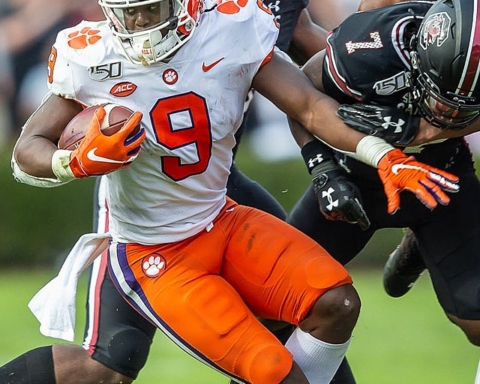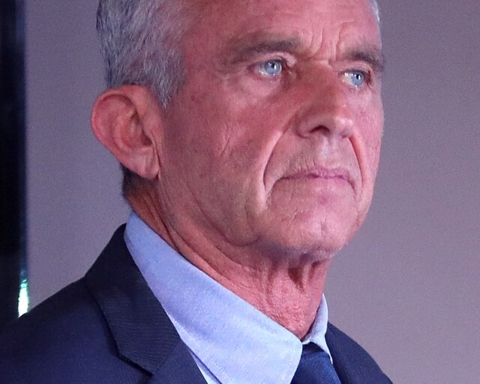By Donovan Moffre, Contributing Writer
This week, a group of my friends discussed various problems we had with last week’s op-ed “Stop partying, start studying.” We do not endorse underage drinking at all, but in the article, author Brandon Sapienza made some bold claims that we felt were not valid.
My first friend, who wishes to remain anonymous, does not drink at all. However, he still had complaints about the main claim that underage drinking is the cause of America’s lack of success in education compared to other countries.
According to an article from Business Insider, the three top ranking countries in education are Finland, Switzerland and Belgium. The drinking age is 18 for Finland and 16 for both Switzerland and Belgium. If alcohol was related to educational success, then these countries should be at the bottom of the list due to how much younger people can access alcohol.
Since alcohol is not the reason the Unites States has lower education statistics compared to other countries, then why are education statistics so low?
My good friend Jacob Van Patten, an undeclared freshmen, argued the main reason why America ranks so low in education was because these statistics come from our public schools.
In America, private schools aren’t considered in government statistics even though they have the best academic accommodations and extra help/learning centers.
Many public schools are pretty good, while others are located in the impoverished inner cities. Poverty has everything to do with success in the classroom, and as of the 2012-13 school year, the percentage of American high school kids living below the poverty line was 51 percent, according to the New York Times. Malnutrition, financial problems, family fights and lack of encouragement take its toll on these kids’ education. This has nothing to do with underage drinking.
My other good friend, Xavier Rolando, a freshman political science major, made another fantastic point. He pointed out that one plausible fact that Sapienza makes in his opinion piece is that over the last few decades of partying, binge drinking and drug usage has become synonymous with the life of American college students.
However, Sapienza makes a mistake when he describes binge drinking among college students as an increasing trend. Rolando found a 2016 Monitoring the Future study (a collection of national survey drug usage), that indicated the trend of heavy drinking among college students has actually declined from 44 percent in 1980 to 32 percent in 2016.
In the past decade, the study also finds that alcohol consumption among college students has largely remained unchanged. This is not to say that binge drinking isn’t a problem at American colleges, but it is not a new phenomenon, and it will not lead to the “demise” of the world, as Sapienza so eloquently put it.
Sapienza mentioned a study from Bucknell University involving majors and drinking. In this study, undeclared majors are the most likely to consume six to nine drinks in a single sitting, which is certainly binge drinking as defined for both males and females.
However, compared to other majors, there is no data for drinking beyond that, unlike the other majors that were studied, such as engineering majors, of whom 14.3 percent answered that they have 10 or more drinks in one sitting.
According to Sapienza’s argument, undeclared majors are those who simply have no interest in academics and come to higher education institutions such as St. Bonaventure solely to party. I’d like to state that Jake Van Patten, one of the contributors to this article, is an undeclared major.
Being close friends with him, I’ve had discussions involving his many interests, including politics and history. He is a very bright individual, just like several others whom I know personally who have yet to declare a major. Undeclared majors are not people who just go to college to get hammered all of the time; they are just students who are unsure of what they want to do. I strongly believe using this statistic to generalize undeclared majors as Sapienza did is counterproductive to addressing the issue of binge drinking.






